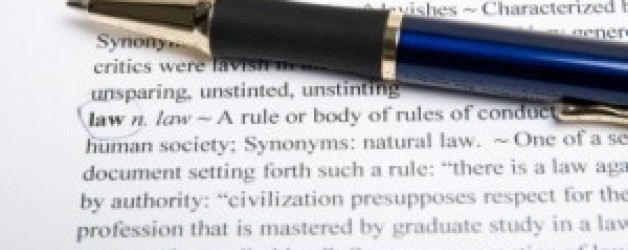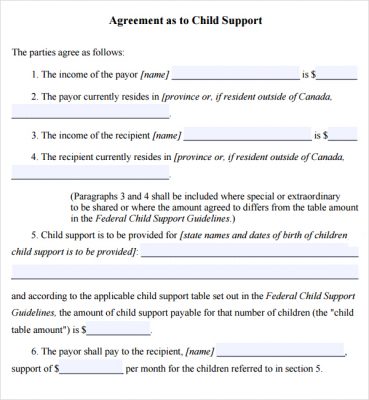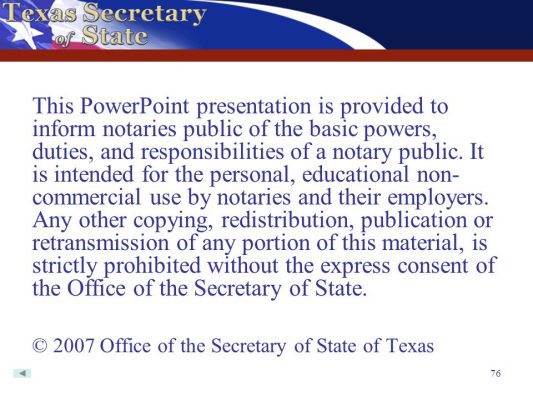This article represents a glossary of terms and phrases related to the process of divorce.
Agreement premarital. An agreement made before marriage that sets out in advance the responsibilities and rights of each of the parties in case the marriage ends by death or divorce. This document is also called a prenuptial agreement.
Prenuptial agreement. An agreement made before marriage that sets out in advance the responsibilities and rights of each of the parties in case the marriage ends by death or divorce. This document is also called an agreement premarital.
Community property or marital property. Generally, all property acquired during the marriage.
Assets not pooled. Generally, property owned by either spouse before the marriage, or property acquired by him (her) on an individual basis; for example, a gift or an inheritance.
Conference for the agreement. A meeting in which the parties and their lawyers try to resolve a case before trial, often ordered by the court.
Custody. Have rights over a child.Custody can be legal, which means that you have the right to make important decisions about the welfare of your child, or physical, which means that you are taking care of and raising her son.
Split custody. A form of custody (generally not view favorably), in which a(I) son(s) is under the custody of one parent and the rest of the children are under the custody of the other parent.
Physical custody. The rights and daily responsibilities associated with being responsible for the care and upbringing of a child in a home of his own.
Legal custody. The right to make important decisions regarding the upbringing of a child in matters of health, religion, education, etc
Joint legal custody. The right shared by both parents to make major decisions regarding the welfare of the children.
Custody physical joint.The right shared by both parents care for physically from a child.
Decree (act). The written order from the court finalizing a divorce, usually issued together with the decision of the court.
Defendant. The person against whom is initiated a legal process, also known as the respondent.
Plaintiff. The person who starts the legal process, often called the petitioner in family law.
Deposition. Phase for the obtaining of information and evidence, or information-sharing process in which the attorney of one of the parties asks questions to the counterparty as part of a legal judgment. The counterparty responds with his attorney present and prepared a transcript of what happened.
Arrears. The number of late payments that must be for the concept of child support or spouse.
Dissolution. Another term for divorce, which is the legal end of a marriage.
Equitable distribution. The fair division of the goods according to the circumstances. Equitable does not necessarily mean equal.
Divorce. The legal end of a marriage.
Stipulation. An agreement between the couple that is divorcing to resolve their differences and usually occurs after the court issues the final order, the judgment, or the act of divorce.
Non-compliance. Lack of response to a petition or complaint for divorce.Not to respond or failure to appear in court when required, may cause the court will grant the counterparty (the spouse who started the divorce process) all that is required.
Interrogation. Written questions that are sent to the partner, and that must be answered in writing as part of the process of obtaining information and evidence.
Child support or alimony for the spouse. Payments that help in the support of the spouse or former spouse during separation or after divorce.It is also called a pension.
Support of the children. Money that the parent without custody pays the parent with custody for the support of a child(os).
Mediation. A form of alternative dispute to resolve a legal dispute without having to go to trial. It is done through a third party, who is impartial, and has training. The third part will attempt to create a mutual agreement between the parties.
Standards for the maintenance of the children. General rules established by regulation in each jurisdiction in which stipulates in advance the way in which it must calculate the child support for the children; this is usually based on the income of parents and the needs of the children.
Obtaining of information and evidence. The process of exchange of information as part of a legal judgment. This involves sending interrogatories and require the presence of documents, as well as making bowel movements.
Order of qualified domestic relations (QDRO). Pronounced “box,” and it is an order issued by the court to divide the retirement benefits.
Restraining order. An order issued by the court in the requested, to a person subject to the order, to refrain from doing something. With frequency is emitted during the disputes of domestic violence or the custody.
Parent without custody. The father (the mother) who does not have physical custody of the child(ren).
Board. Payments made to maintain the former spouse during separation or after divorce. It is also called maintenance or spousal support.
Solutions alternative dispute (ADR). Methods to resolve legal disputes without going to trial, and in a way less hostile. Some examples are the arbitration or the mediation.
Respondent. The person who answers a request for legal process, sometimes called a respondent.
Applicant or petitioner. Often, the person who starts the divorce or the process for the dissolution of the marriage, also called plaintiff.
Domestic violence. Physical abuse or threats of abuse occurring between inhabitants of the same household.
Visits. The time a parent without custody spends with his(s) son(s).









